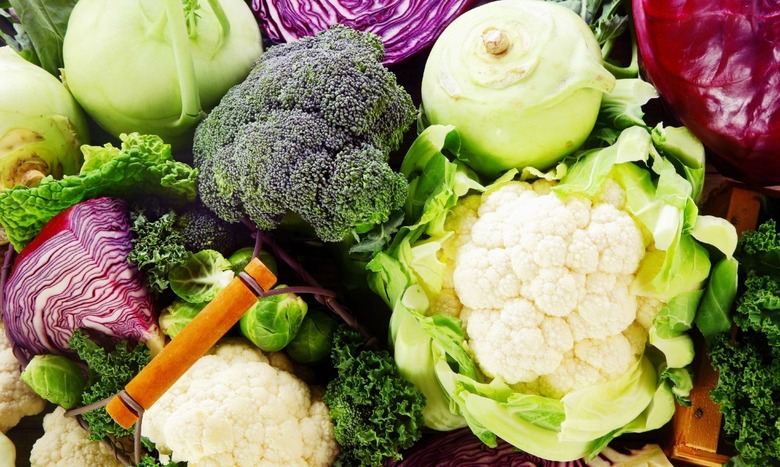What You Need To Know About Breast Cancer And Your Diet
Eating a balanced diet, getting enough exercise, and managing stress levels is intrinsic to any healthy lifestyle. For those undergoing treatment or in remission from cancer, it is especially important. While no food or diet can prevent the development or recurrence of breast cancer, patients and survivors can make several lifestyle changes to improve their overall health and well-being.
Click here for the 11 Foods Every Breast Cancer Patient Should (and Shouldn't) Eat slideshow.
According to Johns Hopkins, increasing your intake of fruits, vegetables, and whole grains to five or more servings per day can decrease the risk of breast cancer. Certain fruits and vegetables are high in phytochemicals, a natural compound known to protect against cancer. Look out for vibrant produce such as beets, tomatoes, spinach, and blueberries, as color is one indicator of phytonutrient content. Another surefire way to boost your phytochemical intake is to choose cruciferous vegetables, which include broccoli, cabbage, Brussels sprouts, and cauliflower, among others.
Some studies suggest that the consumption of certain fats may initiate the development of breast cancer. For this reason, patients and survivors should limit their intake of highly saturated fats including beef, cheese, cream, and butter. You should also increase your intake of healthy fats, such as avocados, nuts, and olive oil. In place of red meat, choose poultry, vegetable proteins, or fish. Cold-water fish are especially high in Omega-3 fatty acids, which may inhibit the growth of breast tumors.
Finally, there is an association between body mass size and breast cancer in postmenopausal women. Exercise can help you maintain a healthy weight, boost your energy levels, combat stress, and ease treatment side effects. The kind of exercise and level of intensity depends on each individual, so be sure to consult your doctor before beginning a new workout regimen. After a diagnosis of breast cancer, many women reevaluate their nutrition and health practices. With these few simple modifications, you can improve your overall health and well being, while decreasing your risk of cancer.
The accompanying slideshow is provided by fellow Daily Meal special contributor Kristin Castillo.
